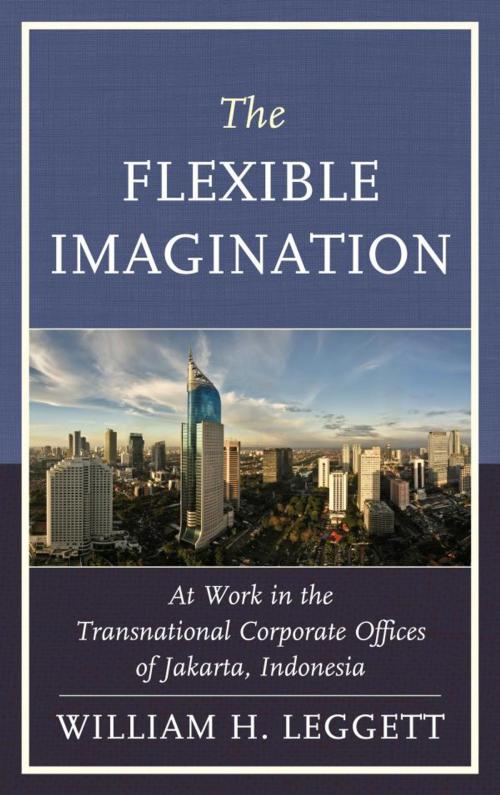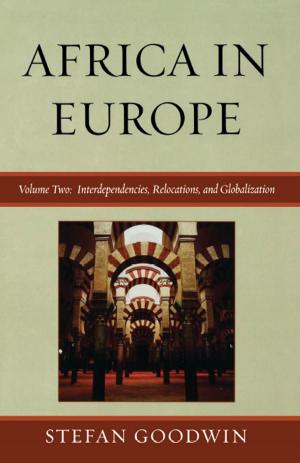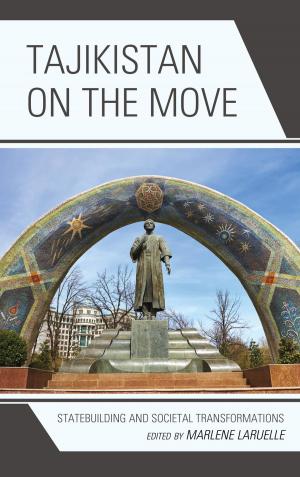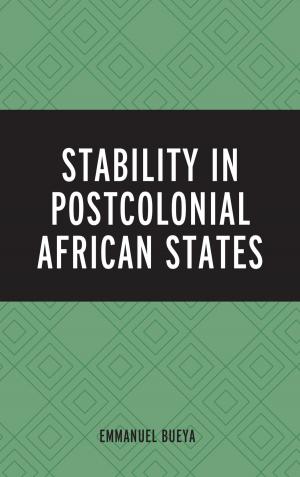The Flexible Imagination
At Work in the Transnational Corporate Offices of Jakarta, Indonesia
Business & Finance, Accounting, International, Nonfiction, Social & Cultural Studies, Social Science, Demography, Anthropology| Author: | William Leggett | ISBN: | 9780739181157 |
| Publisher: | Lexington Books | Publication: | September 25, 2013 |
| Imprint: | Lexington Books | Language: | English |
| Author: | William Leggett |
| ISBN: | 9780739181157 |
| Publisher: | Lexington Books |
| Publication: | September 25, 2013 |
| Imprint: | Lexington Books |
| Language: | English |
The Flexible Imagination: At Work in the Transnational Corporate**Offices of Jakarta, Indonesia is a behind-the-scenes ethnography examining the social interactions between individuals from different cultural and national backgrounds who work together in the halls of some of the most notorious Fortune 500 corporations out of Southeast Asia. In the transnational corporate spaces of Jakarta, Indonesia, there is a frustrating struggle for coherence and meaning by expatriate and national populations still new to the morphing and “flexible” world of global capitalism. Many of those newly engaged in the machinations of our global economy struggle to make sense of their unfamiliar surroundings. In this situation, where localities and social constellations are in a state of constant flux, people rely on their imagination in the construction of a social reality that makes sense—provides enough social stability—to get through the routine activities of a typical work day. The imaginary put to use by those discussed in this book ties together bodies of knowledge—historic and current, academic and popular, economic and cultural—in an attempt to create a transnational working reality that makes sense. Thus, the term “flexible imagination” encapsulates the variable and shifting nature of these imaginary processes.
The Flexible Imagination: At Work in the Transnational Corporate**Offices of Jakarta, Indonesia is a behind-the-scenes ethnography examining the social interactions between individuals from different cultural and national backgrounds who work together in the halls of some of the most notorious Fortune 500 corporations out of Southeast Asia. In the transnational corporate spaces of Jakarta, Indonesia, there is a frustrating struggle for coherence and meaning by expatriate and national populations still new to the morphing and “flexible” world of global capitalism. Many of those newly engaged in the machinations of our global economy struggle to make sense of their unfamiliar surroundings. In this situation, where localities and social constellations are in a state of constant flux, people rely on their imagination in the construction of a social reality that makes sense—provides enough social stability—to get through the routine activities of a typical work day. The imaginary put to use by those discussed in this book ties together bodies of knowledge—historic and current, academic and popular, economic and cultural—in an attempt to create a transnational working reality that makes sense. Thus, the term “flexible imagination” encapsulates the variable and shifting nature of these imaginary processes.















